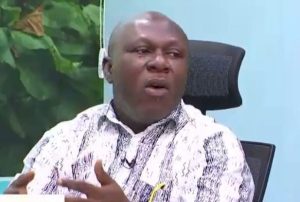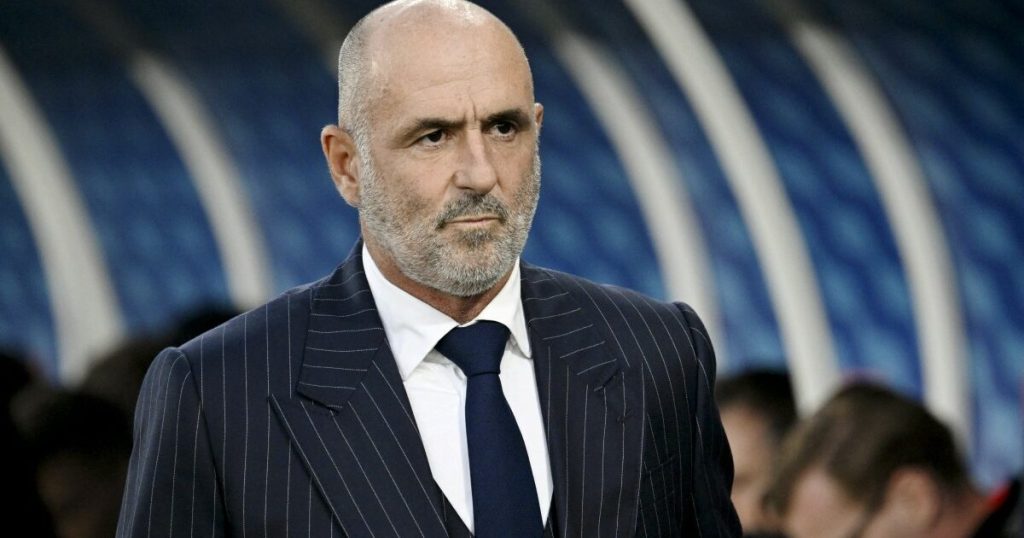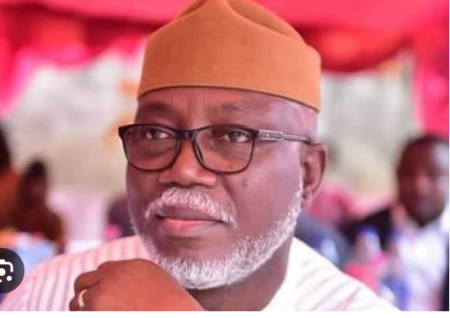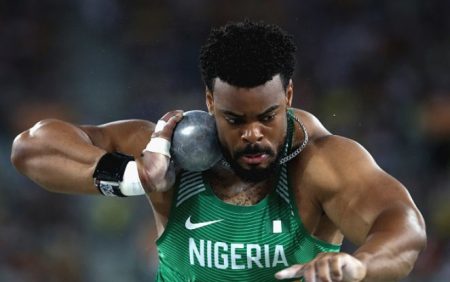The Polish national football team has been plunged into turmoil following the resignation of head coach Michal Probierz amidst a highly publicized feud with star striker Robert Lewandowski. Probierz, who had only taken the helm in September 2023, stepped down citing the “good of the national team” after Lewandowski publicly declared his intention to boycott the team as long as Probierz remained in charge. This dramatic turn of events followed Poland’s 2-1 defeat to Finland in a World Cup qualifier, a loss that cost them the top spot in their group.
The central point of contention revolved around Probierz’s decision to strip Lewandowski of the captaincy, a move that deeply aggrieved the Barcelona forward. Lewandowski, Poland’s all-time leading scorer and appearance maker, expressed his lack of trust in Probierz, leading to his self-imposed exile from the national team. This public declaration put immense pressure on the Polish Football Federation (PZPN), culminating in Probierz’s resignation. The timing of the conflict is particularly unfortunate for Poland, as they navigate the crucial stages of World Cup qualification.
Lewandowski’s absence from the national team during the recent international break, although officially attributed to rest, underscored the severity of the rift between the striker and Probierz. The 36-year-old’s international career, spanning over 15 years and marked by remarkable goal-scoring feats, now hangs in the balance, pending the appointment of a new coach. His decision to boycott the national team highlights the depth of his dissatisfaction and the principled stance he has taken against Probierz’s leadership.
Probierz’s short tenure as Poland’s coach, marked by a mixed bag of results, including a disappointing Euro 2024 campaign where Poland failed to progress beyond the group stage, ended abruptly following the Lewandowski saga. His overall record of nine wins, five draws, and seven losses in 21 matches reflects the team’s inconsistent performances under his guidance. The pressure of managing a team with a globally recognized star like Lewandowski, coupled with the team’s underwhelming results, ultimately contributed to his downfall. His resignation statement, while acknowledging his professional fulfillment in leading the national team, underscored the prevailing circumstances that led to his departure.
The PZPN now faces the daunting task of finding a suitable replacement for Probierz, a coach who can not only unite the fractured team but also mend the broken relationship with Lewandowski. The new coach will need to navigate the complexities of managing a squad with a dominant personality like Lewandowski while simultaneously ensuring the team’s progress towards World Cup qualification. The next appointment is crucial for Poland’s footballing future, as they aim to capitalize on the remaining years of Lewandowski’s illustrious career.
The Lewandowski-Probierz feud serves as a stark reminder of the delicate balance between player power and managerial authority within the dynamics of a national team. This incident highlights the significant influence wielded by star players and the potential consequences when disagreements escalate into public confrontations. The fallout from this episode will likely have long-term implications for Polish football, emphasizing the importance of effective communication and mutual respect between players and coaching staff. The PZPN will need to address the underlying issues that led to this conflict to prevent similar situations from arising in the future.














